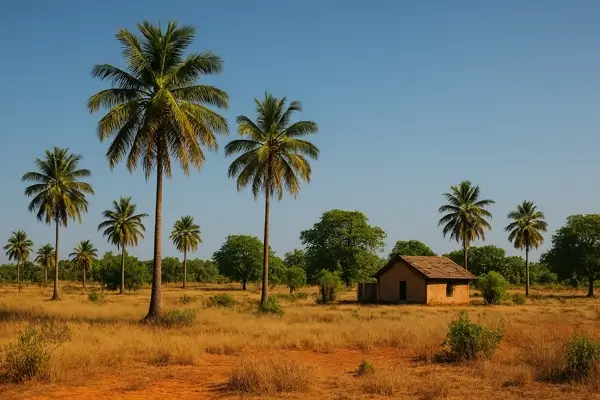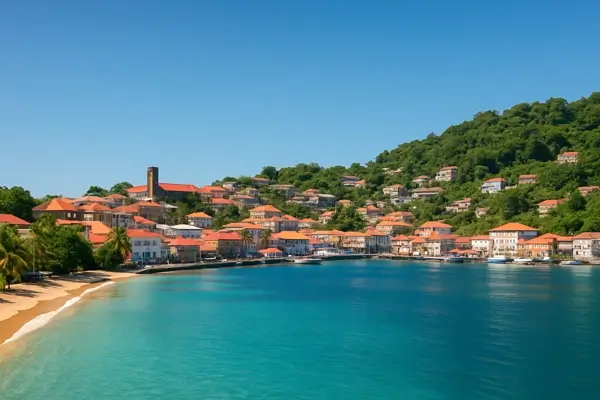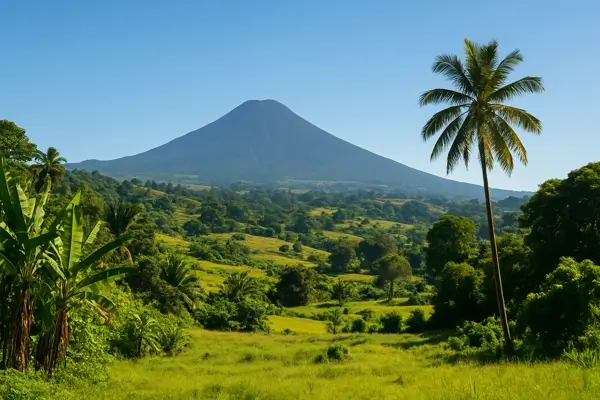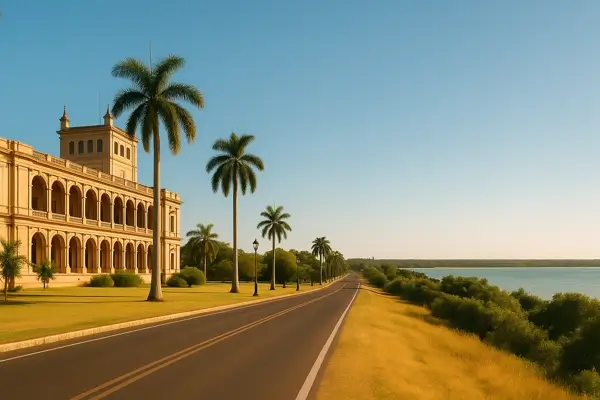
West African Gem
Togo is a small country in West Africa, bordered by Ghana to the west, Benin to the east, Burkina Faso to the north, and the Gulf of Guinea to the south. Its strategic location offers a blend of coastal and inland cultures.
Historical Legacy
Formerly a French colony, Togo gained its independence in 1960. French remains the official language, although many indigenous languages are spoken.
Vibrant Capital – Lomé
Lomé is not only the capital but also a bustling port city known for its lively markets, beautiful beaches, and a rich mix of modern and traditional influences.
Cultural Diversity
Togo is home to over 40 ethnic groups, each contributing unique traditions, languages, dances, and crafts. This cultural diversity is a cornerstone of Togolese identity.
Spiritual Heritage
Voodoo is an integral part of the country's spiritual and cultural practices. Many communities celebrate traditional Voodoo festivals with rituals, music, and dance.
Ecological Variety
Despite its small size, Togo features a range of landscapes from lush rainforests and rolling savannas to long stretches of sandy coastline. This makes it an interesting destination for nature lovers.
Agricultural Economy
Agriculture plays a significant role in Togo’s economy. The country is known for producing coffee, cocoa, cotton, and pineapples, among other crops, which sustain both local livelihoods and exports.
Emerging Eco-Tourism
Regions like Kpalimé offer a refreshing retreat with mountainous scenery, waterfalls, and vibrant art scenes, making them popular for eco-tourism and cultural exploration.
Festivals and Celebrations
Togo hosts colorful festivals, such as the Evala festival, a traditional celebration featuring activities like wrestling and other cultural performances.
Art and Craftsmanship
The Togolese are renowned for their handcrafted art, including textiles, pottery, and carvings, which reflect the country’s rich cultural heritage and are celebrated in local markets and festivals.



